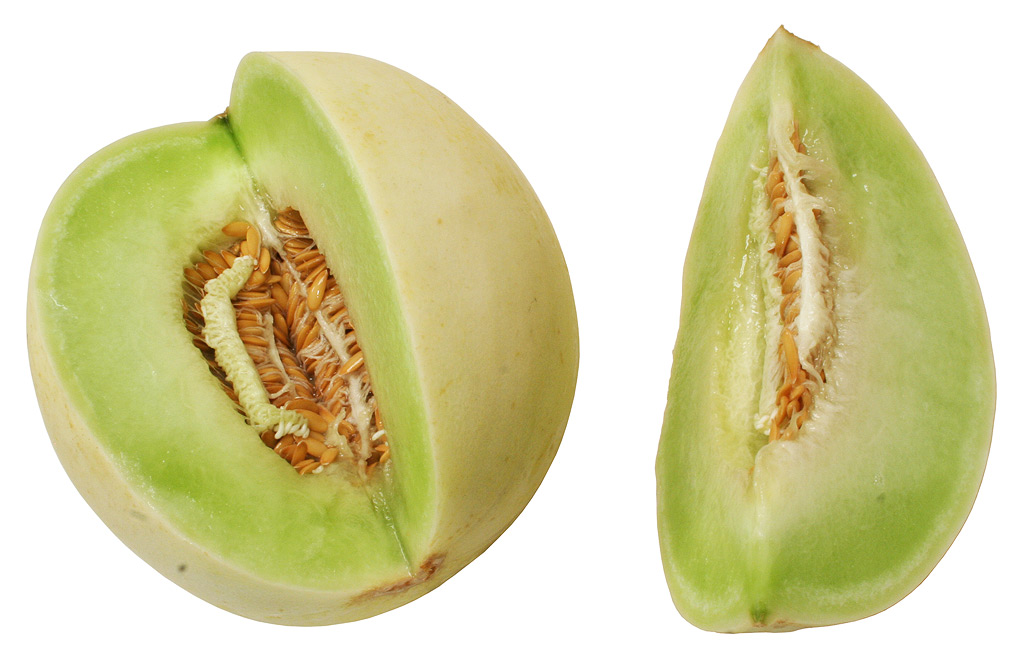Health Benefits of Honeydew Melon
What are the health benefits of honeydew melon?
Honeydew melon, a type of muskmelon, offers several health benefits due to its nutrient content. Here are some of the key benefits:
- Rich in Vitamins and Minerals: Honeydew melon is a good source of vitamin C and vitamin K, as well as potassium and folate. These nutrients are essential for maintaining overall health and well-being.
- Hydration: Honeydew melon has a high water content, which can help fight dehydration and maintain optimal fluid balance in the body.
- Digestive Health: The fiber content in honeydew melon can support digestive health by promoting regular bowel movements and preventing constipation.
- Antioxidant Properties: Honeydew melon contains antioxidants such as vitamin C and beta-carotene, which can help protect cells from damage caused by free radicals and reduce inflammation.
- Skin Health: The vitamin C in honeydew melon is important for collagen production, which helps maintain skin elasticity and reduces the appearance of wrinkles.
- Heart Health: The potassium content in honeydew melon can help regulate blood pressure and support heart health. Potassium is also important for maintaining muscle function and nerve signaling.
- Weight Management: Honeydew melon is low in calories and fat, making it a healthy choice for weight management. The fiber content can also help you feel full and satisfied, reducing the likelihood of overeating.
- Eye Health: The beta-carotene in honeydew melon is converted to vitamin A in the body, which is important for maintaining healthy vision and eye function.
- Immune Support: The vitamin C content in honeydew melon can help support a healthy immune system and protect against common illnesses like colds and flu.
Overall, honeydew melon is a nutritious and delicious fruit that can be enjoyed on its own or added to fruit salads, smoothies, and other dishes. Incorporating honeydew melon into your diet can provide a range of health benefits and contribute to overall well-being.
What are the health risks of honeydew melon?
Honeydew melon is generally safe for most people to consume, but there are a few potential health risks to be aware of:
- Allergic Reactions: Some individuals may be allergic to melons, including honeydew. Allergic reactions can range from mild symptoms like itching and swelling to more severe reactions like difficulty breathing and anaphylaxis. If you have a known allergy to melons or other fruits, avoid consuming honeydew melon.
- Sensitivity to FODMAPs: Honeydew melon contains fermentable carbohydrates known as FODMAPs (fermentable oligosaccharides, disaccharides, monosaccharides, and polyols), which can be problematic for individuals with irritable bowel syndrome (IBS) or other gastrointestinal disorders. Some people may experience bloating, gas, or other digestive issues after consuming FODMAP-containing foods like honeydew melon.
- Pesticide Residues: Conventionally grown honeydew melons may contain pesticide residues. Washing the melon thoroughly before consuming can help reduce pesticide exposure.
- Sugary Content: While honeydew melon is lower in sugar compared to other fruits like grapes and bananas, it still contains natural sugars. Individuals with diabetes or those watching their sugar intake should consume honeydew melon in moderation and monitor their blood sugar levels.
- Foodborne Illness: Like other fruits, honeydew melon can be contaminated with harmful bacteria such as Salmonella or Listeria. It’s important to wash the melon thoroughly before cutting and consuming, and to store it properly to prevent bacterial growth.
Overall, honeydew melon is a nutritious fruit that can be enjoyed as part of a healthy diet. However, if you have any specific health concerns or dietary restrictions, it’s always a good idea to consult with a healthcare provider or nutritionist before making significant changes to your diet.




